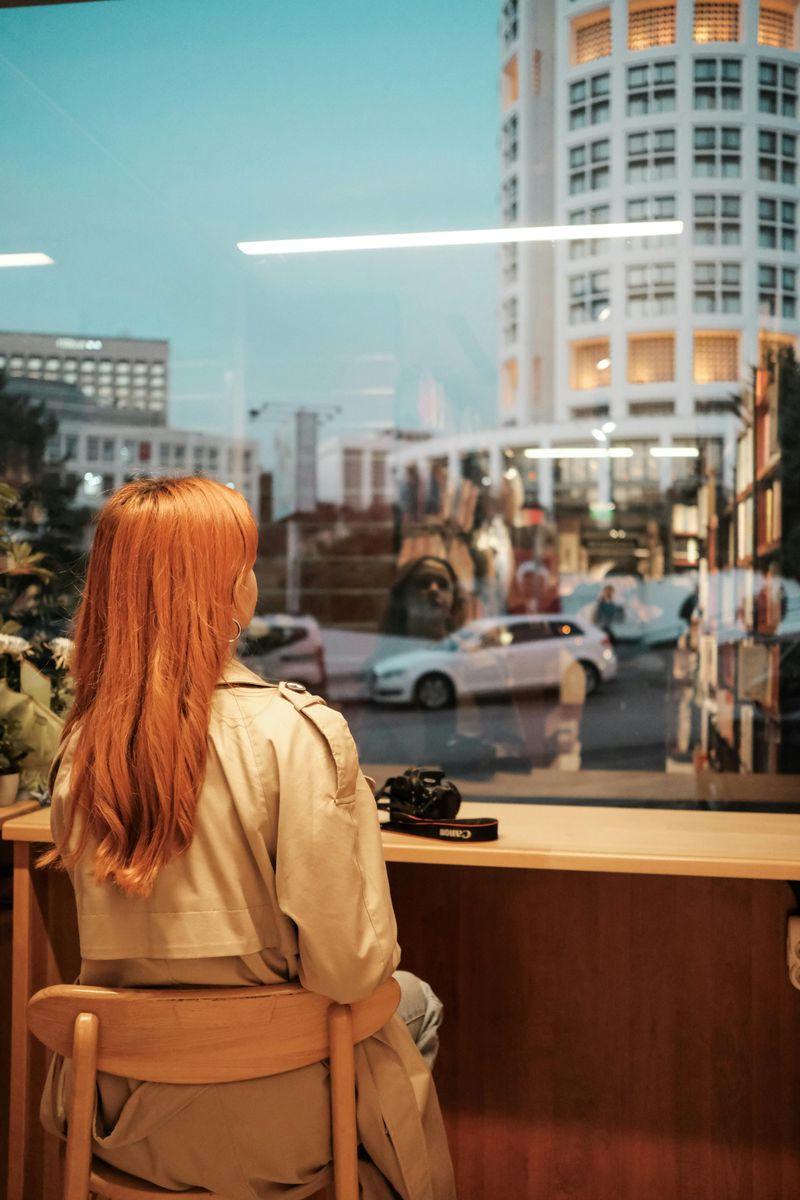12 Signs You’re Emotionally Dependent, Not in Love

Ever wondered if what you’re feeling is true love or just emotional dependency? Many of us confuse the two, which can lead to unhealthy relationships and personal struggles. Understanding the difference helps us build stronger connections with others and ourselves. Let’s explore the key signs that might indicate you’re caught in a pattern of emotional dependency rather than genuine love.
1. Fear of Being Alone Drives Your Decisions

The thought of spending time by yourself fills you with dread. You’d rather be in an unhappy relationship than face solitude. This overwhelming fear pushes you to cling to partners who might not be right for you.
When alone, anxiety creeps in and you feel incomplete, as if a part of you is missing. You rush to fill this emptiness with another person’s presence, regardless of compatibility or how they treat you.
Healthy love, on the other hand, complements your life without becoming your entire existence. It enhances your sense of self rather than replacing it.
2. Your Partner’s Approval Determines Your Self-Worth

Constant validation-seeking becomes your daily routine. Every decision, from what to wear to major life choices, hinges on your partner’s reaction and approval.
Your mood swings dramatically based on their feedback—soaring when they compliment you, crashing when they criticize. This rollercoaster reflects an external source of self-esteem rather than internal confidence.
Without their positive reinforcement, you feel worthless and question your value. In contrast, genuine love exists alongside a stable sense of self-worth that doesn’t fluctuate with someone else’s opinions.
3. You’ve Lost Your Identity in the Relationship

Remember those hobbies you used to love? They’ve disappeared since this relationship began. Your personal interests, friendships, and goals have faded away as you’ve molded yourself to match your partner’s life.
Friends barely recognize the person you’ve become. You’ve adopted your partner’s preferences, speaking style, and even political views without questioning if they align with your authentic self.
This identity fusion happens gradually—you sacrifice small pieces of yourself until one day, looking in the mirror, you hardly recognize who’s staring back. True love encourages individual growth alongside the relationship.
4. Jealousy and Possessiveness Control Your Behavior

Green-eyed monsters lurk around every corner of your relationship. You check their phone when they’re not looking and feel threatened by anyone who gets close to your partner.
Normal interactions between your partner and others trigger immediate suspicion. You demand constant updates on their whereabouts and become upset when they spend time with friends without you.
This controlling behavior stems from insecurity, not love. Healthy relationships are built on trust and respect for personal space, not surveillance and restrictions that masquerade as caring.
5. You Tolerate Mistreatment to Keep the Relationship

Red flags wave boldly in your face, yet you convince yourself they’re just part of the relationship landscape. You’ve become an expert at making excuses for your partner’s hurtful behavior.
Friends express concern about how you’re treated, but you defend your partner fiercely. The thought of confronting issues feels more frightening than enduring the pain they cause.
This tolerance comes from fear—fear that setting boundaries might end the relationship. Real love doesn’t require you to shrink yourself or accept disrespect just to maintain connection.
6. Constant Need for Reassurance Dominates Your Thoughts

The question “Do you love me?” escapes your lips several times daily. No matter how often your partner affirms their feelings, the reassurance evaporates quickly, leaving you anxious for the next confirmation.
Text messages must be answered immediately, or your mind creates disaster scenarios. You analyze every word, tone shift, and facial expression for hidden meanings about their commitment level.
This insatiable hunger for reassurance reveals a fundamental insecurity that love alone can’t fix. It reflects emotional dependency that drains both you and your partner, creating a bottomless need that can never be filled externally.
7. Your Emotional Stability Depends on Their Mood

Like a human mood ring, your emotional state changes colors based entirely on your partner’s feelings. When they’re happy, the world seems bright and full of possibility. When they’re upset, darkness descends over everything in your life.
You’ve become hyper-vigilant about their emotional cues, walking on eggshells to avoid triggering negative reactions. This emotional mirroring happens automatically, without conscious choice.
Healthy relationships allow both people to experience separate emotional realities simultaneously. You can be supportive without absorbing their emotional state as your own.
8. You Can’t Make Decisions Without Their Input

Decision paralysis strikes whenever your partner isn’t available to weigh in. From lunch choices to career moves, you feel incapable of trusting your judgment without their guidance.
This dependency has eroded your confidence in making even simple choices. You’ve forgotten how to listen to your own inner voice because you’ve outsourced your decision-making for so long.
The ability to make independent choices reflects healthy autonomy within relationships. Love supports your growth as a capable individual, while dependency keeps you tethered to another’s judgment, stunting your development.
9. You’ve Abandoned Important Boundaries

Boundaries exist only in your memory now. You’ve allowed your partner access to every part of your life—your phone, personal space, time, and emotional energy—without limits.
Privacy feels like a foreign concept as you’ve normalized sharing everything. You cancel important commitments for them without hesitation and ignore your own needs regularly to accommodate theirs.
This boundary erosion happens gradually, often mistaken for deepening intimacy. True love respects personal limits and understands that healthy separation strengthens connection rather than threatening it.
10. The Relationship Consumes All Your Energy

Mental exhaustion has become your constant companion. The relationship demands all your emotional resources, leaving nothing for other aspects of your life.
Work performance suffers as you spend hours analyzing conversations and managing relationship issues. Family and friends have noticed your perpetual fatigue and diminished presence in their lives.
This energy drain signals an imbalance. Healthy relationships energize rather than deplete you. They create space for rest and renewal instead of constant emotional labor that leaves you running on empty.
11. You Panic at Signs of Relationship Trouble

Minor disagreements trigger major meltdowns. What should be simple conversations about differences become existential threats in your mind.
Physical symptoms appear during relationship conflicts—racing heart, difficulty breathing, dizziness. The mere thought of breaking up feels like facing a life-threatening situation rather than a painful but survivable experience.
This panic response reveals how your sense of safety has become entangled with the relationship’s status. Love includes the security of knowing you’ll be okay even if the relationship ends, while dependency creates the false belief that you cannot survive without them.
12. You Idealize Your Partner Despite Realit
Rose-colored glasses have become permanently attached to your face. You’ve created a perfect image of your partner that bears little resemblance to the actual person standing before you.
Evidence contradicting this idealized version gets filtered out of your awareness. You focus exclusively on positive qualities while minimizing or completely ignoring problematic behaviors and personality traits.
This selective perception serves to protect the fantasy relationship you’ve constructed. Genuine love sees the whole person—flaws, strengths, and everything in between—and chooses them with clear eyes rather than through distorted idealizations.

Comments
Loading…